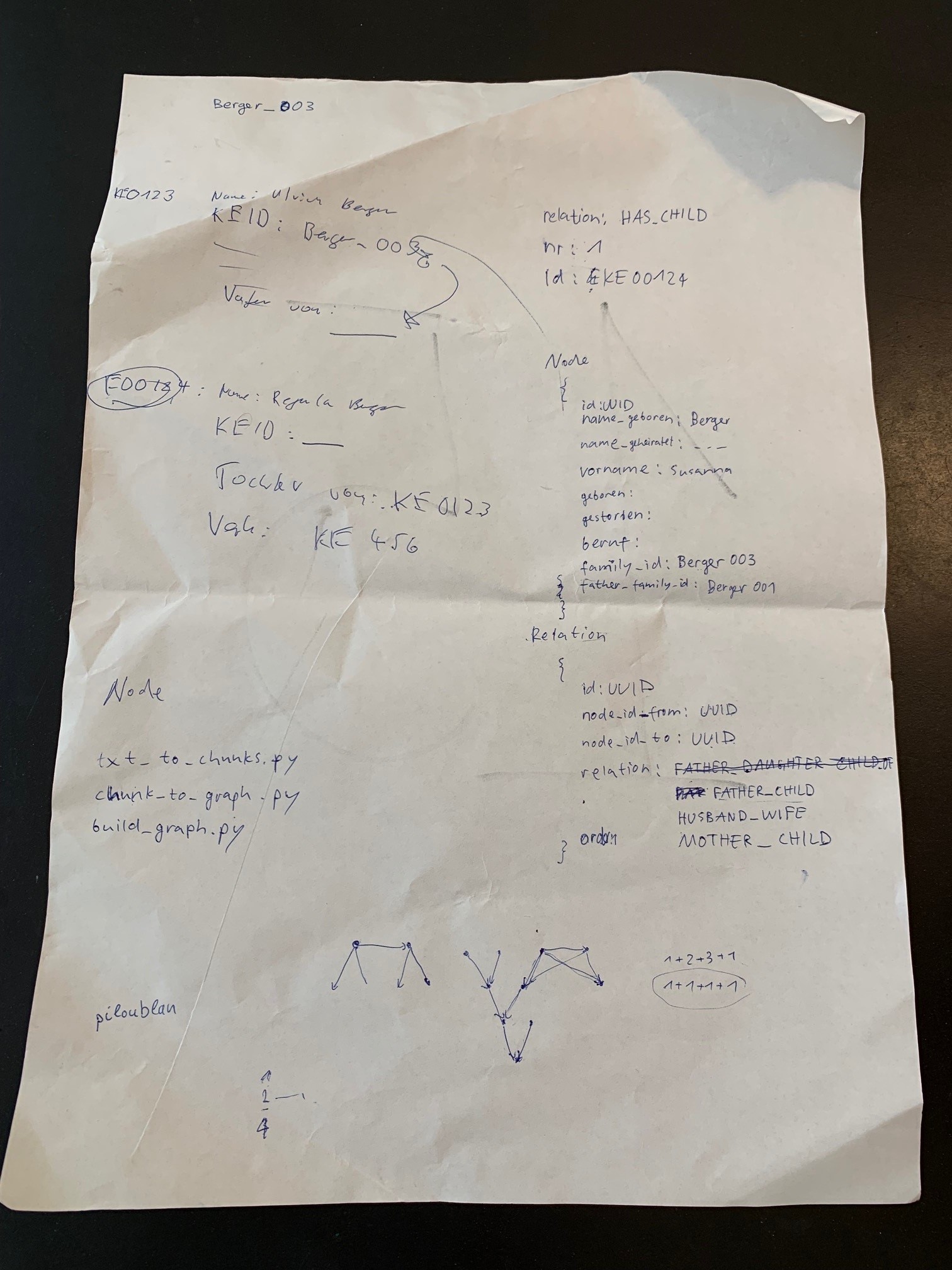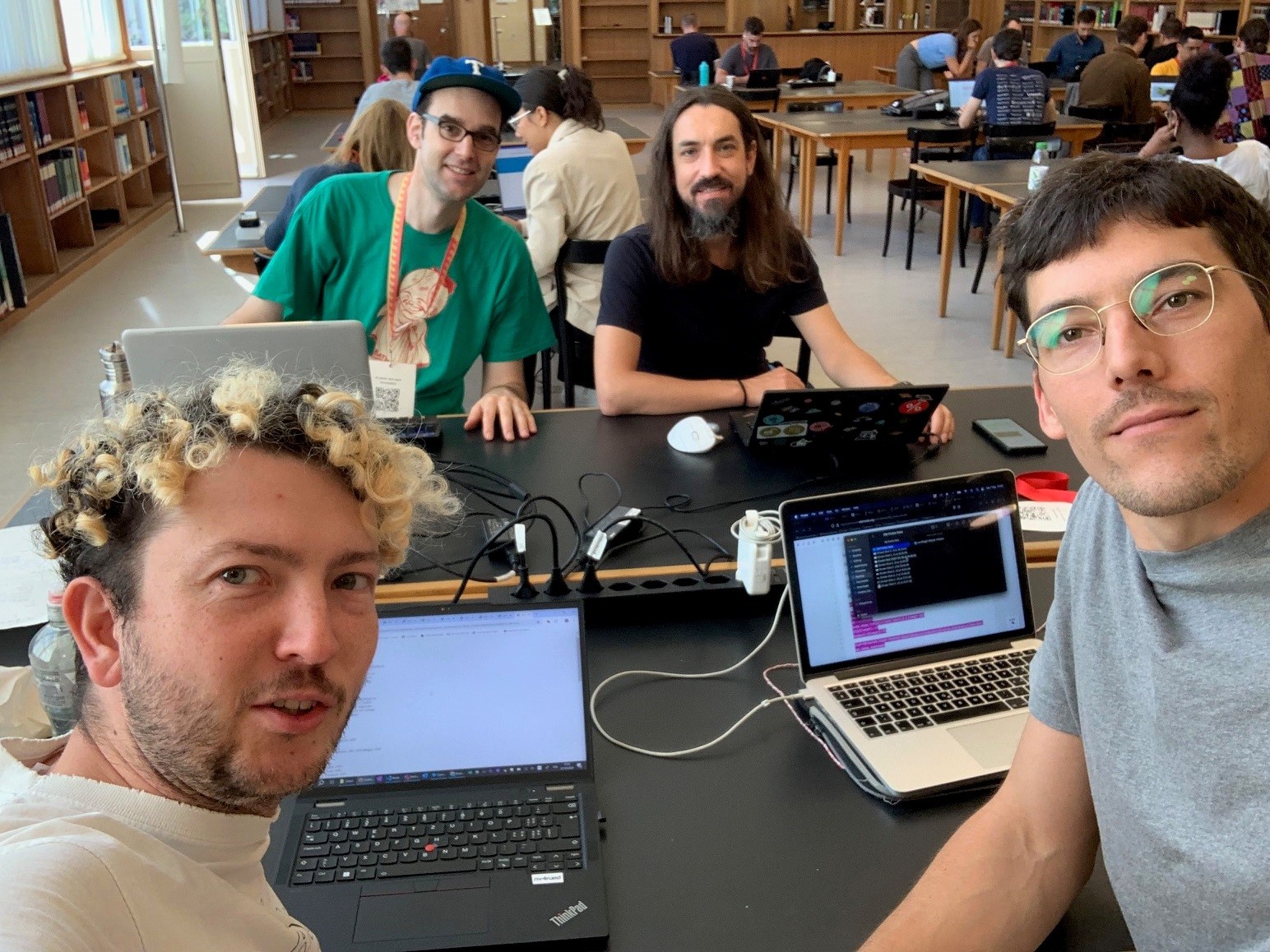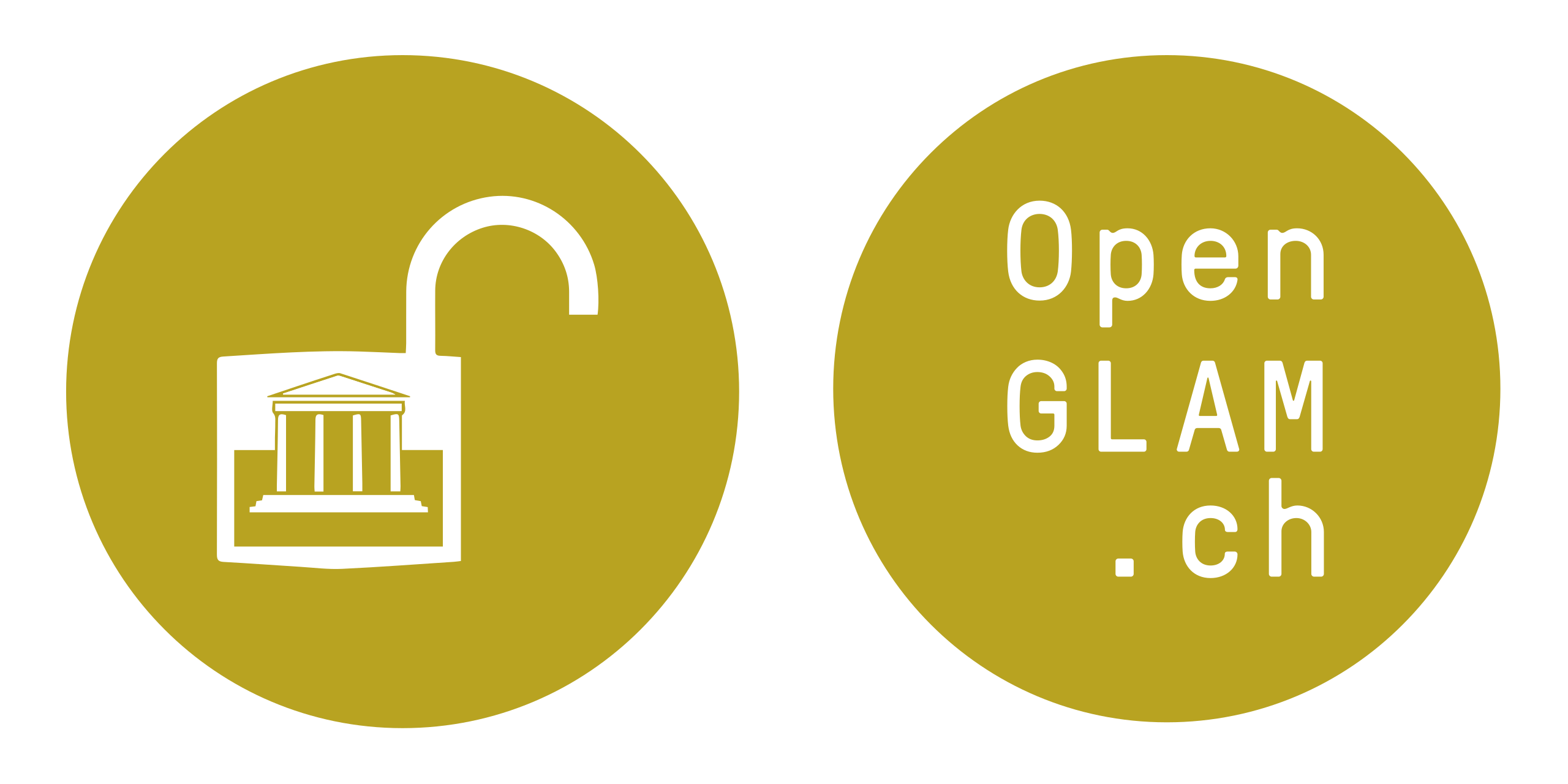 throwback to our data model/ontology/...?
throwback to our data model/ontology/...?
Unraveling Zürich’s social and family networks in Keller-Escher's "Promptuarium"
GLAMhack2024 project for creating family relations graph
The "Promptuarium genealogicum" by Carl Keller-Escher is a monumental work, spanning 2,800 pages and detailing the genealogies of 258 historic families from Zürich, with roots tracing back to the 16th century. Thanks to a dedicated Citizen Science project conducted by the Zentralbibliothek Zürich, this vast trove of genealogical information has been meticulously transcribed, offering a valuableresource for anyone interested in Zürich’s historical families and their social histories. However, while the data has been transcribed and organized, there’s a challenge ahead: connecting these historical records with modern biographical databases and visualizing the intricate relationships within these families. We need your expertise to bring these connections to life!
Your Mission:
Dive into Keller-Escher’s genealogical data and help identify and connect the individuals recorded in this work to biographical databases like VIAF, GND, and others. Then, take these connections and create Linked Open Data (LOD) to visualize the complex web of relationships that bind Zürich’s historic families together.
What We're Looking For:
- Prompt Engineers and coders: Using artificial intelligence, we will try to extract and structure data describing persons mentioned in the transcribed data. To this end, your task will be to find prompts for the AI to structure the data as best as possible. Some experience with ChatGPT is all you need to help.
- Historical Detectives: We need participants with a knack for research and a passion for history to identify the individuals in Keller-Escher’s work. You’ll search for biographical data from various sources, such as VIAF and GND, and match these with the names recorded in the genealogy.
- Data Integrators & Creators: Once the historical detectives have identified the persons, we need participants skilled in data modeling and creation to produce Linked Open Data (LOD). Your task will be to create and structure the data, linking these individuals and their relationships in a way that can be easily visualized and explored.
- Visualization Experts: Help us transform the structured genealogical data into engaging visualizations. By mapping out relationships and family trees, you'll make it easier for researchers and the public to explore the rich genealogical and social history of Zürich.
Why Participate?
- Bring History to Life: Contribute to creating a living, interconnected web of Zürich’s past, making it accessible and understandable to everyone.
- Learn and Innovate: Gain hands-on experience with historical data, Linked Open Data (LOD), and advanced visualization techniques, all while working on a meaningful project.
- Collaborate and Connect: Work alongside a passionate team of historians, data scientists, and visualization experts, building connections that could lead to future opportunities.
Join us in this challenge to illuminate Zürich’s genealogical and social history and create tools that help exploring the past!
Link to our data set:
Etherpad:
https://etherpad.wikimedia.org/p/GLAMhack24_Keller-Escher
Documentation
Test Family Graph
python -m unittest test_module.TestClass.test_method
````
# Create environment with conda/mamba
````
mamba create -y -n carl-escher-prompt python=3.11
mamba activate carl-escher-prompt
mamba install -y --file requirements.txt
````
# Visualization
Go to: https://gephi.org/gephi-lite/
And load file: data/graph_data/graph_with_styling.gefxEvent finish
Sketching
Research
link to documentation
image added
wip (@Thilo Weber)
resolve merge conflict (@Thilo Weber)
challenge added to README.md (@tim.ruediger)
update docu (@Thilo Weber)
Add files via upload (@ruedtim)
added (@NbtKmy)
add parsed graph (@Thilo Weber)
Merge branch 'bash-script' (@Thilo Weber)
set father_family_id deterministically (@Thilo Weber)
Bash script for bash jobs as well as data from first runs as well as a new prompt text.
wip (@Thilo Weber)
Update README.md (@ruedtim)
Add files via upload (@ruedtim)
Research
fix family_graph.py, add attribute husband_family_id (@Thilo Weber)
Research
Documentation added
Update README.md (@ruedtim)
Research
added github repo
Merge pull request #2 from magnetilo/prompts
New promptand output for that prompt added (pilou).
New promptand output for that prompt added (pilou).
one ipynb added (@NbtKmy)
graph added (@NbtKmy)
weighted graph changed (@NbtKmy)
wip (@Thilo Weber)
graph data added (@NbtKmy)
... did something (@NbtKmy)
add ipynb (@NbtKmy)
Repository updated
Research
 unraveling the Schad family
unraveling the Schad family
update README (@Thilo Weber)
Project
etherpad added
add relabeled gexf (@NbtKmy)
Start
Unveiling the Secrets of Zurich’s Nightly Visitors (1780-1818)
GLAMhack 2024
Crossbow Collection and Grandson Castle

